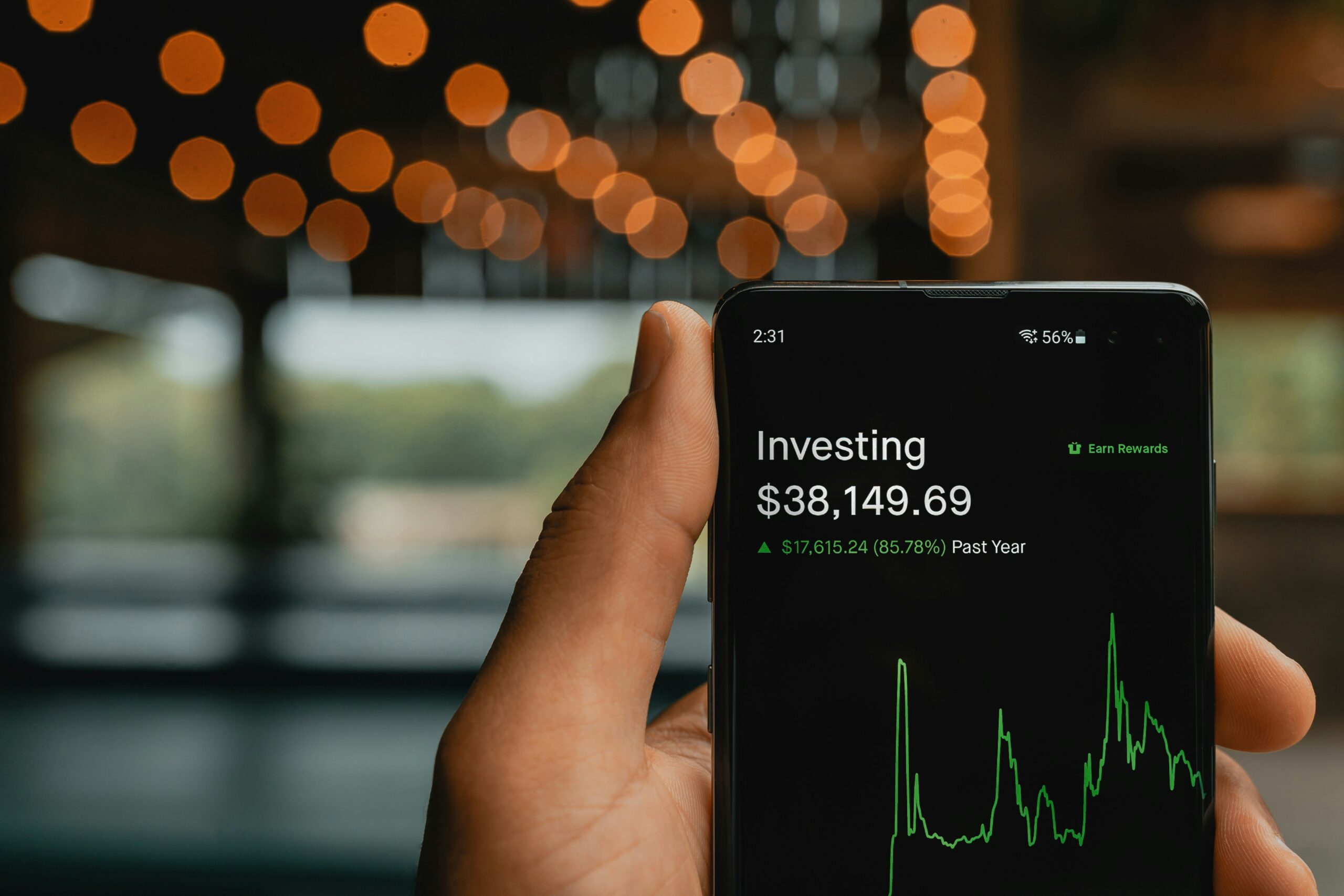Rent vs. buy in 2025 is a question more Americans are asking as housing costs, interest rates, and lifestyle preferences evolve. Deciding whether to rent or purchase a home isn’t just about monthly payments—it’s about long-term financial goals, market conditions, and personal flexibility. The answer depends on a range of economic and personal factors that have shifted in recent years.
Understanding the 2025 housing market landscape
In 2025, real estate markets across the U.S. remain highly localized, but a few national trends stand out. Mortgage interest rates have stabilized compared to their recent highs, home prices have cooled in some regions while remaining elevated in others, and rents have continued to climb in many metropolitan areas.
Key factors influencing the decision:
- Mortgage interest rates hovering between 6%–7%
- High home prices, especially in coastal and urban markets
- Ongoing rent increases due to housing shortages
- Tighter credit requirements for mortgage approval
Given this landscape, it’s essential to weigh the financial implications of each path before committing.
Read more: Index Funds vs ETFs: What’s Better for Beginners in 2025?
The case for renting in 2025
Renting offers flexibility, lower upfront costs, and fewer responsibilities. It’s often the better choice for those unsure about their long-term location, building savings, or prioritizing mobility.
Financial benefits of renting:
- No property taxes, maintenance, or repair costs
- Lower upfront expenses (security deposit vs. down payment)
- Flexibility to relocate or upgrade with ease
- No exposure to market downturns or home value depreciation
However, rent is money paid to a landlord without building equity. For long-term residents, this can mean missing out on wealth accumulation through property appreciation.
The case for buying in 2025
Buying a home provides stability, equity growth, and potential tax advantages. It’s often a sound long-term investment for those who plan to stay in one place and can afford the upfront costs and ongoing maintenance.
Financial advantages of buying:
- Building equity with each mortgage payment
- Potential home value appreciation over time
- Tax deductions on mortgage interest and property taxes
- Fixed housing costs with a 30-year mortgage vs. rising rent
Ownership does come with responsibilities, including repairs, insurance, HOA fees, and property taxes. Buyers also need strong credit and a sizable down payment to access favorable loan terms.
Comparing the costs: rent vs. buy
When comparing monthly costs, renting can sometimes appear cheaper—especially in high-interest-rate environments. But over time, buyers build equity while renters do not. Still, breaking even may take years depending on location, purchase price, and how long you stay in the home.
Example cost considerations:
- Rent: Monthly payment, renter’s insurance, utilities
- Buy: Mortgage, property taxes, insurance, maintenance, closing costs
Use rent vs. buy calculators to model real numbers based on your local market and personal budget.
Is It Better to Rent or Buy? A Financial Calculator.
Lifestyle factors to consider
Beyond finances, your lifestyle should guide your decision. Renting may suit those who value low commitment and flexibility. Buying makes more sense for people seeking stability, control over their living space, or raising a family.
Ask yourself:
- Do I plan to stay in the area for 5+ years?
- Am I financially prepared for a down payment and maintenance costs?
- Do I want the freedom to renovate and customize my space?
- Would homeownership add stress or stability to my life?
Your answers to these questions matter just as much as the math.
Conclusion
Rent vs. buy in 2025 is not a one-size-fits-all decision. It hinges on your financial readiness, market conditions, and personal goals. Renting may offer more flexibility in an uncertain housing environment, while buying can lead to long-term wealth if you’re financially prepared and stable. Run the numbers, consider your lifestyle, and choose the path that aligns best with your present situation and future plans.











